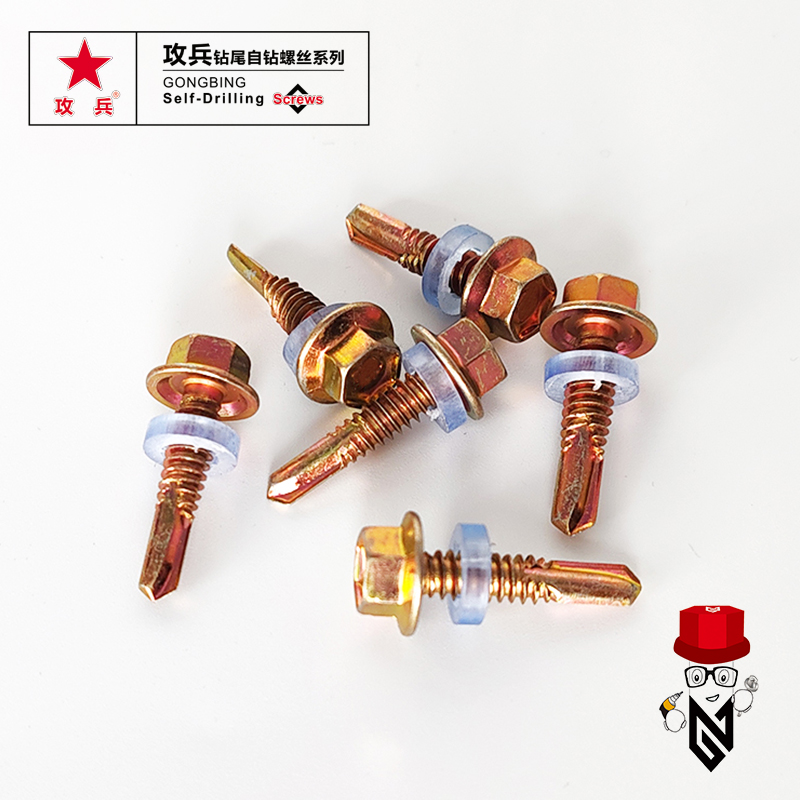chemical grouting bolt
Chemical Grouting Bolt An Innovative Solution for Ground Stabilization
In the field of civil engineering and construction, ground stabilization is a critical aspect that ensures the safety and longevity of structures. Among the various methods employed to strengthen the ground, the use of chemical grouting bolts has emerged as an innovative solution. This article explores the concept of chemical grouting bolts, their application, advantages, and the overall impact on construction projects.
Understanding Chemical Grouting Bolts
Chemical grouting is a technique that involves injecting specially formulated grout materials into the ground. These materials often consist of a mixture of resins, hardeners, and additives, designed to enhance the properties of the grout. When combined, these components create a chemical reaction that results in a hardening agent, effectively increasing the strength and stability of the surrounding soil.
Chemical grouting bolts are essentially steel rods that are inserted into drilled holes in the ground and encapsulated with the chemical grout. This process creates a bond between the soil and the bolt, enhancing the load-bearing capacity of the soil and redistributing the weight of the structure above.
Applications of Chemical Grouting Bolts
The utilization of chemical grouting bolts can be observed across various applications
1. Slope Stabilization In areas prone to landslides or erosion, chemical grouting bolts provide essential reinforcement, ensuring that the soil remains stable under stress.
2. Tunnel and Excavation Support During the construction of tunnels or deep excavations, these bolts are used to reinforce surrounding soil, preventing collapse and ensuring worker safety.
chemical grouting bolt

4. Retaining Walls Chemical grouting bolts play a crucial role in enhancing the stability of retaining walls, providing additional support to resist lateral soil pressures.
Advantages of Chemical Grouting Bolts
The adoption of chemical grouting bolts offers several benefits, making them a preferred choice in various construction scenarios
1. Immediate Load Application Once the grout has cured, the area can be subjected to loads almost immediately, significantly reducing downtime in construction schedules.
2. Minimal Soil Disturbance The installation process typically requires small-diameter holes, resulting in minimal disturbance to the surrounding soil compared to traditional methods.
3. Corrosion Resistance The chemical grouts often used in conjunction with steel bolts can provide a protective coating, helping to prevent corrosion and prolong the life of the bolt.
4. Adaptability Chemical grouting technology can be customized to suit specific soil conditions and project requirements, making it a versatile solution applicable to diverse scenarios.
5. Cost-Efficiency By enhancing soil strength, chemical grouting bolts can reduce the need for extensive excavation and more elaborate foundation systems, ultimately leading to cost savings in construction projects.
Conclusion
Chemical grouting bolts represent a modern and efficient solution for ground stabilization challenges faced in civil engineering and construction. Their ability to quickly and effectively reinforce soil makes them indispensable in ensuring the safety and durability of structures. As technology continues to evolve, the potential applications and benefits of chemical grouting bolts are likely to expand, further solidifying their role as a key component in contemporary construction practices. By investing in innovative solutions like chemical grouting bolts, engineers and construction professionals can enhance project outcomes, ensuring a safer built environment for future generations.
-
Weatherproof Plastic Expansion Anchors for OutdoorNewsJun.06,2025
-
Sustainability in the Supply Chain: Eco-Friendly TEK Screws ProductionNewsJun.06,2025
-
Load-Bearing Capacity of External Insulation FixingsNewsJun.06,2025
-
Double Head Bolts: Enhancing Efficiency in Industrial MachineryNewsJun.06,2025
-
Corrosion Resistance in Chipboard Screws: Coatings for Wholesale DurabilityNewsJun.06,2025
-
Butterfly Toggle Bolts : Enhancing Structural ResilienceNewsJun.06,2025
